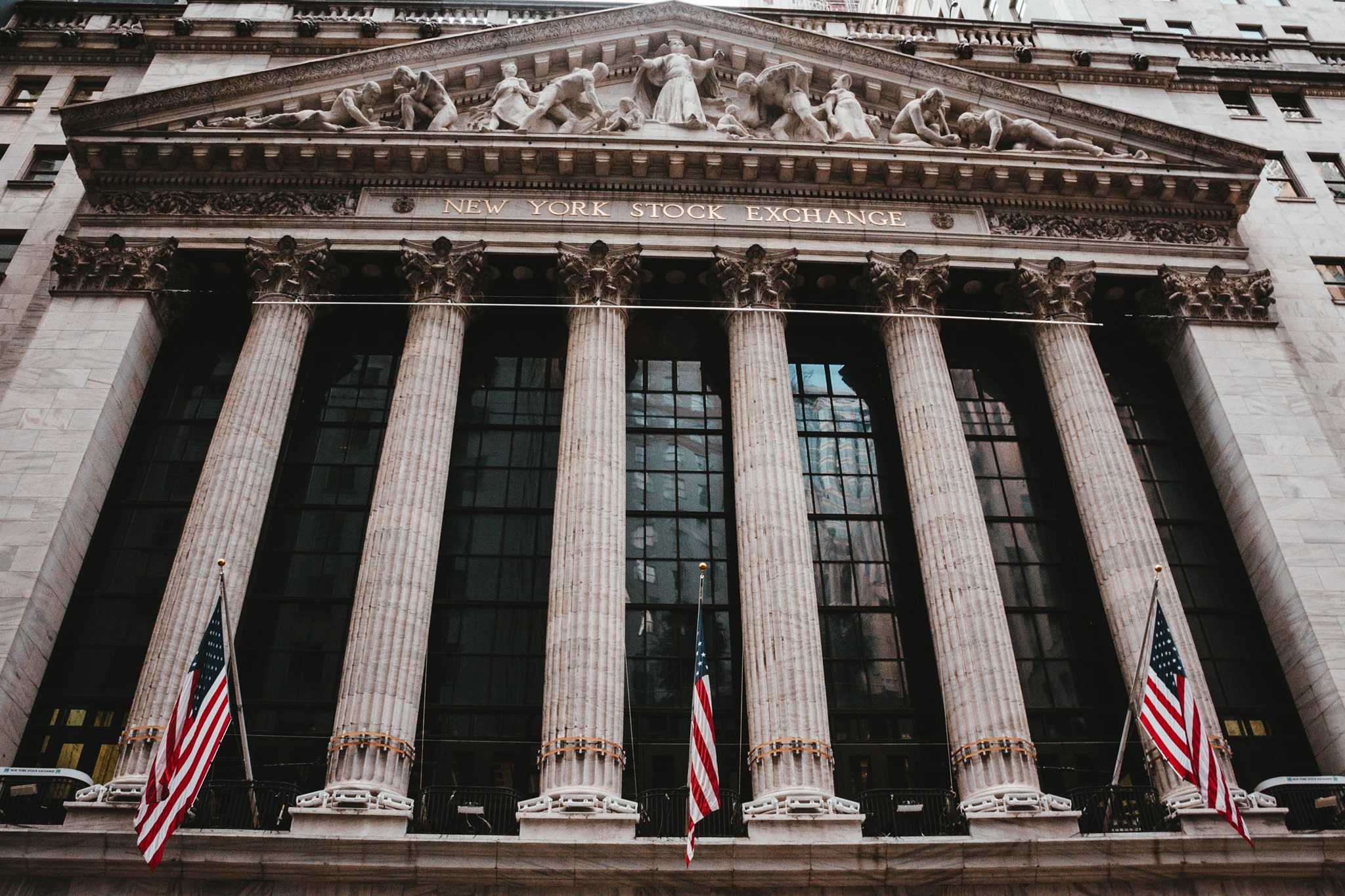

The Influence of COVID Variants on the VIX
The VIX index, a key indicator of stock market volatility, hit a new high on Wednesday as traders pushed back their expectations for a Fed rate rise. COVID is a novel viral variety that economists and the Fed have abused. Some have even produced essays claiming that the phrase is meaningless. However, it's easy to understand why.
According to Schaeffer's Investment Research the VIX index is calculated using volatility and the danger of losing a significant amount of money. However, the market is a complicated beast with so many unknown factors that it's crucial to keep track of them all. The stock market faces dangers when something fresh arises. The new variant is likely to temper the excitement of some investors looking for bargain stocks. It will, however, have a less impact on the VIX than some other recent revisions.
The VIX fluctuates for a variety of causes. One factor is that some people's immune systems are less powerful than others. Some persons are at risk of contracting the condition. Another factor is that some businesses are unable to get sufficient immunizations. And even if they do, they may not be as secure as they claim. Then a new variant appears. You can't profit from the VIX if you can't obtain the vaccination.
Despite the market's significant dangers, there is a link between COVID risk and the VIX. Fear of another crisis will raise the VIX value when stock prices fall. You'll want to remain afloat in the VIX if you're worried about a worldwide financial crisis. Although the probability of an epidemic is minimal, volatility is a major element, and present levels are healthy.
As per Schaeffer's Investment Research although the danger of contracting the illness remains high, vaccinations are likely to be available in the next years. A vaccination may help prevent the sickness as well as reduce the danger of the virus spreading. Whether you're not sure if you've been vaccinated, visit a doctor and follow their advice. If you're concerned, know that the immunization will last two weeks.
While new COVID vaccinations are now available, they will not be beneficial to everyone. Some individuals are immune to the COVID vaccination, while others have contracted the virus without it. This suggests that the new versions are the reason why the VIX isn't in limited supply. The new mutations may enhance the likelihood of infection from the virus. As a result, it's critical to acquire the COVID vaccination.
The VIX is a risk index that gauges the volatility of a stock or market. The higher the VIX, the more dangerous the situation. A low VIX, on the other hand, has no effect on a stock. It's vital to keep in mind that the VIX's volatility is determined by the underlying variables that influence price fluctuations. Stocks are often more volatile than their COVID equivalents.
A novel viral variation will raise the danger of pandemic-prone stocks. Stocks that are more likely to be impacted by the sickness will be more volatile as a result. A pandemic might raise volatility, but this is unlikely to happen very soon. Indeed, a rising Cboe Volatility Index will almost certainly lead to an increase in market volatility.
Based on the most recent Schaeffer's Investment Research the Cboe Volatility Index is a widely used quantitative indicator of risk. It enables investors to compare and contrast various securities. Furthermore, a high VIX suggests a higher risk. The VIX, on the other hand, isn't a stock market indicator. Rather, it assesses market players' predictions for how it will act in the future. As a result, the index is an excellent indicator of market anxiety.